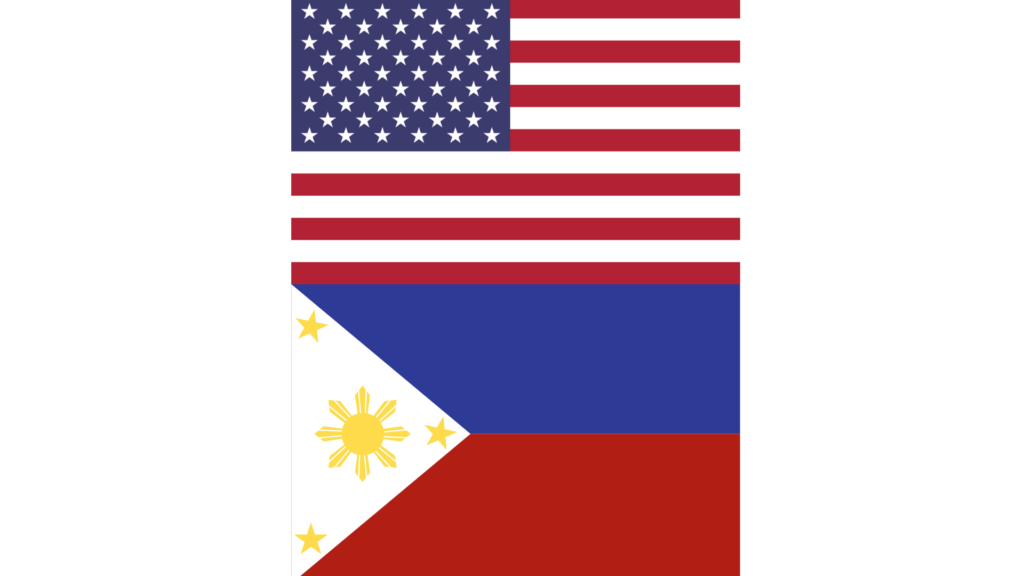The world of law is a dynamic and intricate realm, shaped by the legal education systems that mold aspiring attorneys. While the Philippines and the United States both boast robust legal frameworks, their approaches to legal education diverge significantly.
In the Philippines, legal education is characterized by a comprehensive and interdisciplinary approach. Aspiring lawyers typically undergo a rigorous undergraduate program, culminating in a Bachelor of Laws degree. This foundational education equips students with a broad understanding of various legal principles and concepts.
One distinctive feature of legal education in the Philippines is the emphasis on a holistic understanding of the law. Students are exposed to many legal subjects, from civil and criminal law to constitutional and administrative law. This broad curriculum ensures that graduates possess a well-rounded knowledge base, enabling them to navigate diverse legal landscapes with confidence.
Moreover, the integration of practical training components, such as internships and moot court competitions, ensures that students gain hands-on experience in applying legal principles to real-world scenarios. This practical exposure not only enhances their problem-solving skills but also prepares them for the demands of legal practice.
In contrast, legal education in the United States follows a more specialized and tiered structure. Prospective lawyers typically pursue a Juris Doctor (J.D.) degree after completing a bachelor's degree in any field. The J.D. curriculum is tailored to provide students with in-depth knowledge of American law, focusing primarily on case law and legal reasoning.
One hallmark of legal education in the United States is the Socratic method, where students engage in active dialogue and critical analysis of legal cases under the guidance of professors. This interactive approach fosters intellectual rigor and encourages students to develop their analytical and advocacy skills.
Additionally, students in the United States can specialize in specific areas of law through elective courses and extracurricular activities. This specialization allows them to delve deeply into their areas of interest, whether it be corporate law, environmental law, or intellectual property law.
Despite the differences in legal education between the Philippines and the United States, both systems produce competent legal professionals capable of navigating complex legal issues. However, the Philippines holds a unique advantage in certain aspects of legal support roles, particularly in the context of paralegal work.
In many Philippine law schools, students graduate with a Bachelor of Laws degree, which signifies a comprehensive understanding of legal principles applicable worldwide. This broad foundation enables Filipino attorneys to excel in paralegal positions, where they can leverage their legal expertise to provide valuable support to lawyers.
Moreover, Filipino attorneys' ability to direct clients to relevant legal information can streamline the legal research process and save valuable time for lawyers. With their nuanced understanding of legal principles and procedures – enhanced by access to learning facilities through ShiftSixOS that allows them to hone their understanding of US law - Filipino attorneys bring a unique perspective to the table, enhancing the efficiency and effectiveness of legal operations.


